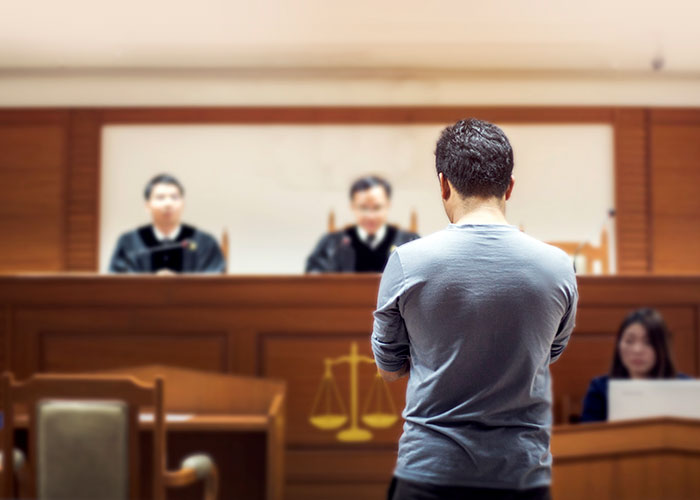First or Preliminary Appearance
Typically, at the first or preliminary appearance, a person charged with a crime appears before the judge who will determine whether that person will be released, or whether that person will be held in custody. Generally, if a person is released, the judge will set certain conditions. Should a person fail to abide by those conditions, they are subject to being taken into custody. If a person is held in custody, the judge will set bail in an amount that will secure the person’s appearance at future court dates.
Arraignment
At an arraignment, a person charged with a crime is called before the Court and advised of the charges against him. A person will enter a plea of guilty, not guilty, or guilty by reason of insanity. Upon a plea of not guilty, dates are set for a pre-trial/omnibus hearing, trial confirmation hearing, and trial.
Pre-Trial or Omnibus Hearing
Pre-trial or omnibus hearings are procedural in nature and designed to ensure the case is proceeding along properly. Issues regarding discovery exchange may be raised, motions may be argued, or argument may be scheduled for a later date.
Trial Confirmation
Typically, at trial confirmation, the trial date is confirmed and the next time a defendant appears in court is for trial. However, from time to time and for various reasons, some trials are continued rather than confirmed and new trial dates are selected.
Trial
At trial the prosecution bears the burden of proving each and every element of the crime beyond a reasonable doubt. The defendant cannot be compelled to testify, however, they may testify if they so choose. The defendant may confront the witnesses called to testify against them, and may call their own witnesses to testify on their behalf. If the prosecution fails to prove each and every element of the crime beyond a reasonable doubt then the defendant must be found not guilty and the case is dismissed.





